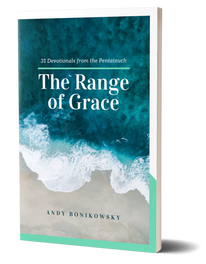Sometime later Jeremiah was told that the king had read through it, had systematically cut it into pieces, and then fed those into the fire.
The horrible thing was… there were no copies.
That meant days and days of work…
Gone.
But the Lord’s work went on without even a hiccup. And in this dramatic way, God would again teach His children of all ages an important lesson: NO HUMAN MISTAKE OR ACCIDENT OR EVIL CAN EVER DERAIL HIS PLAN.
Two weeks ago today I came back to my office from some errands, like any other day of the year. I tapped on the keyboard to wake up my main laptop and it started, then froze...
I am still waiting--the computer store has not been able to get a replacement hard drive from the distributor and the data recovery company in Madrid has not yet told me if they will be able to get anything off of the drive.
It could have been avoided--I made a huge mistake by not backing up current projects. Oh, I have my excuses: the computer worked flawlessly, the technician said, “one in a million of these hard drives fail”, many of the jobs were currently being worked on, etc...
However, in the end all I can say is that for some reason God allowed it to happen--in other words, all is good. Somehow, none of those pics, recordings, videos, projects, or writing, is essential to my life!
Have you ever lost anything to a fire, a robbery, an accident, a stupid mistake? Then you know the stunned feeling that constantly swells up and threatens to take over. It’s that mixture of frustration, helplessness, questions, anger… maybe Jeremiah had to fight them too?
It is no fun, of course. But for a believer this kind of hit can have great value. It can jolt us into thinking afresh about eternity, about what things really matter, about where we have our focus, about Who is really in charge.
And God knows how we often need that reminder. AB
(Jeremiah 36)





 RSS Feed
RSS Feed